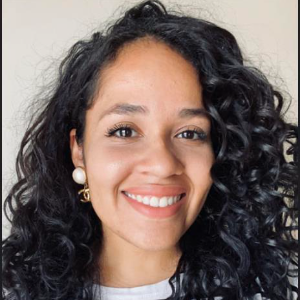Title : An iPSC-derived organoid-based model of intestinal filovirus infection
Abstract:
Affected Ebola virus disease (EVD) patients lose copious amounts of fluids in a matter of days, rapidly deteriorating into hypovolemic shock and death. Similar intestinal manifestations were also reported for Marburg virus (MARV) disease, another filovirus. At present, available animal models insufficiently recapitulate the gastrointestinal symptoms of EVD patients. To fill this gap, we have established an induced pluripotent stem cell (iPSC)-derived human intestinal organoid (HIO) model that can be primed towards proximal (small intestine) or distal (colonic) intestinal lineages. Three-dimensional tissue-specific organoids recapitulate the heterogeneity, architecture, and cellular functions of the primary tissue, thus representing a powerful tool to study development and disease. The generation of a hiPSC CDX2-GFP reporter line highlights the role of CDX2 as a marker for the emergence of hindgut intestinal progenitors during our differentiation protocol. This platform can facilitate the study of late-stage EVD gastrointestinal symptoms, including diarrhea. Single-cell RNA sequencing characterization of the HIOs revealed a significant number of CDX2 and Villin 1 expressing cells as well as separate clusters indicating the major transcriptional changes in cell identity that are known to occur during the stages of intestinal differentiation. The HIOs exhibit a distribution of the different cell types that physiologically resemble the human intestinal epithelium. We employed the generation of these organoids to study the effects of filovirus infection on intestinal epithelial integrity. Successful robust EBOV and MARV infections of hiPSC-derived HIOs, affecting mostly epithelial CDX2+ enterocytes was achieved. The infected cells showed signs of cell damage. Transcriptomics analysis indicated the modulation of cell junction pathways and a set of ion transporters known to play a role in the induction of diarrhea. Taken together, these data suggest that EBOV and MARV compromise barrier integrity of the intestinal epithelium and cause abnormal ion flux as the basis for gastrointestinal dysfunction and diarrhea.



